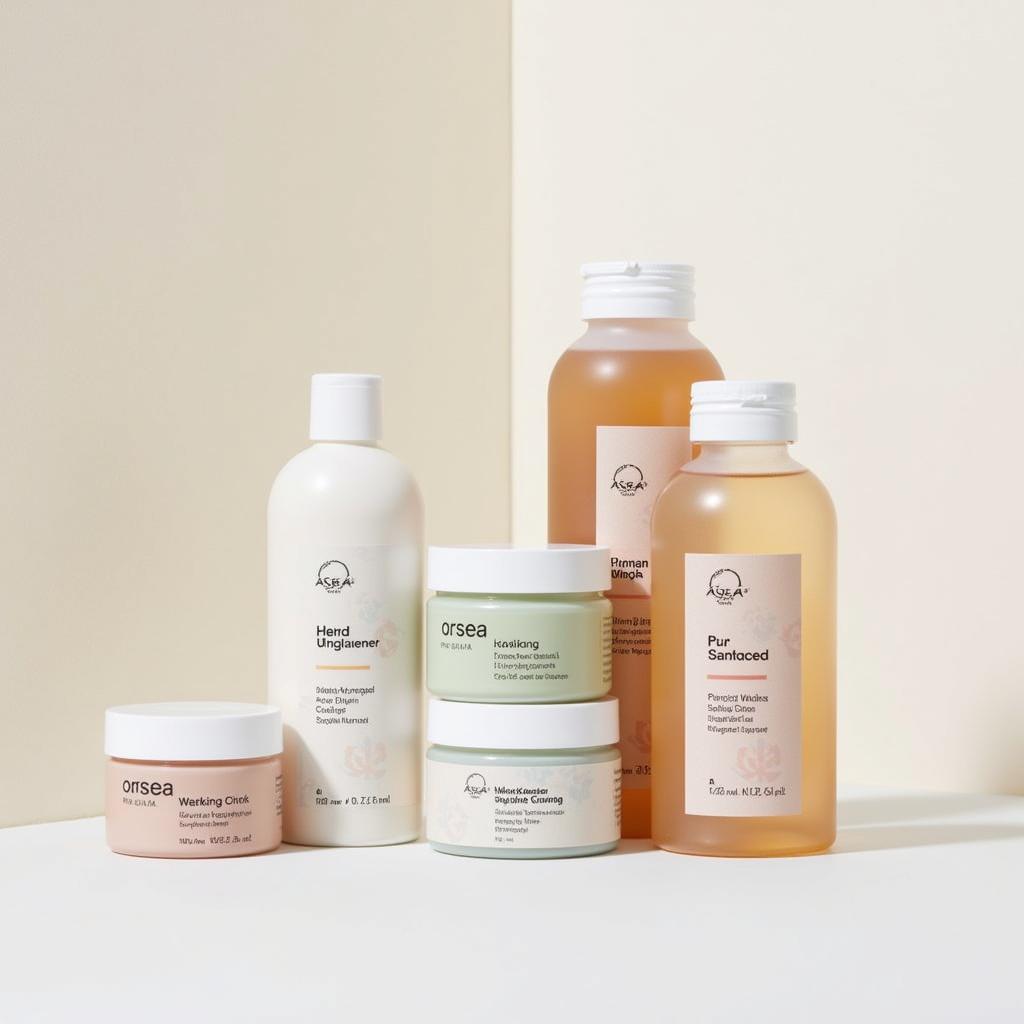The world of health and wellness is awash with bold claims, and Asea, a company promoting a drinkable “redox signaling supplement,” is no exception. As consumers increasingly seek natural ways to enhance their wellbeing, it’s crucial to approach “Asea Claims” with a discerning eye. This article delves into the science, the skepticism, and the consumer experiences surrounding Asea, empowering you to make informed decisions about your health.
Unpacking the Science Behind Asea’s Claims
Asea’s cornerstone claim revolves around “redox signaling molecules,” touted as vital cellular messengers that decline with age and stress. The company posits that their flagship product replenishes these molecules, thereby enhancing cellular communication and promoting a range of health benefits.
 Redox Signaling Molecules Illustration
Redox Signaling Molecules Illustration
Asea points to a limited number of in-vitro studies and anecdotal testimonials as evidence. However, the scientific community emphasizes the need for more robust, peer-reviewed research, particularly large-scale human clinical trials, to validate these claims definitively.
Scrutinizing Asea: A Closer Look at the Claims
Asea’s marketing materials often feature testimonials from enthusiastic users who report a diverse array of benefits, from increased energy levels to improved athletic performance. While these personal accounts can be compelling, it’s crucial to remember that anecdotal evidence is not a substitute for rigorous scientific proof.
 Asea Product Lineup
Asea Product Lineup
Furthermore, the company’s claims have faced scrutiny from regulatory bodies. For instance, in 2014, Asea reached a settlement with the Federal Trade Commission (FTC) in the United States regarding allegations of misleading marketing practices. This event underscores the importance of approaching health claims, no matter how enticing, with a healthy dose of skepticism.
Empowering Consumers: Navigating Asea Claims with a Critical Lens
In today’s digital age, where information spreads rapidly, it’s more important than ever to equip ourselves with the tools to discern credible health information from marketing hype. Here are some key takeaways for consumers evaluating Asea claims:
-
Consult Your Healthcare Provider: Before incorporating any new supplement or making significant changes to your health regimen, consult with your doctor or a qualified healthcare professional. They can provide personalized guidance based on your medical history and individual needs.
-
Prioritize Evidence-Based Information: Seek out information from reputable sources such as medical journals, government health websites (like the National Institutes of Health in the United States), and well-respected medical institutions. Be wary of information solely from company websites or marketing materials.
-
Understand the Limits of Anecdotal Evidence: While personal stories can be powerful, it’s essential to recognize that they are subjective experiences and may not reflect the experience of the general population. Look for scientific evidence to support the claims being made.
 Consumer Researching Asea
Consumer Researching Asea
Conclusion: Making Informed Decisions in the Pursuit of Wellness
Navigating the landscape of health and wellness requires a discerning approach. While Asea promotes intriguing concepts, it’s crucial to remember that robust scientific evidence is the cornerstone of reliable health information. By prioritizing critical thinking, consulting reputable sources, and seeking guidance from healthcare professionals, consumers can empower themselves to make informed choices that align with their individual health goals.
FAQ
1. What is Asea?
Asea is a multi-level marketing company that sells a drinkable supplement they claim contains “redox signaling molecules.” These molecules are said to improve cellular communication and offer various health benefits.
2. What are the purported benefits of Asea?
Asea proponents claim the supplement can boost energy, improve athletic performance, enhance immune function, and promote overall well-being. However, these claims are largely based on anecdotal evidence and lack substantial scientific backing.
3. Is Asea FDA approved?
Asea, like many supplements, falls under the category of foods and dietary supplements, which are not subject to pre-market approval by the U.S. Food and Drug Administration (FDA). This means the FDA does not evaluate the product’s safety or effectiveness before it hits the market.
4. Are there any risks associated with using Asea?
While Asea is generally considered safe for consumption, some individuals may experience mild side effects, such as digestive discomfort or headaches. It’s always best to consult with your doctor before starting any new supplement, especially if you have underlying health conditions or are taking medications.
5. Where can I find reliable information about Asea and its claims?
For evidence-based information on Asea and its claims, consult with your healthcare provider, refer to reputable medical journals, and explore resources from trusted health organizations like the National Institutes of Health (NIH).
If you’re looking for more information on Asea and related topics, you can find additional insights in our articles on asea + false claims better business bureau, asea 保健 品, and agua de asea para que sirve. For those seeking details on Asea’s uses and potential benefits, explore our articles on asea para que sirve and asea drinking water.
For any inquiries or support, please don’t hesitate to reach out to us. Contact us at Phone Number: 0369020373, Email: [email protected], or visit our address: Thon Ngoc Lien, Hiep Hoa, Bac Giang, Vietnam. Our dedicated customer support team is available 24/7 to assist you.

